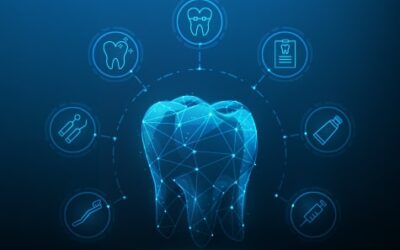
Clinical advantages of systemic amoxicillin/metronidazole may be influenced by the severity of periodontitis and the age of the patient
Periodontitis, which is brought on by microbial biofilms, affects roughly 50% of the adult population in industrialized nations. Periodontitis-affected teeth may become inoperable and need to be extracted, which frequently necessitates pricey prosthetic rehabilitations. The primary goals of periodontal therapy are to remove the biofilm that adheres to the teeth and to minimize probing depths.
There is a ton of proof that systemic antimicrobials like amoxicillin and metronidazole can successfully be added to mechanical debridement in patients with moderate to severe periodontitis. It is not yet clear whether the progression of the disease is slowed down. Therefore, it would be very beneficial to have clinical thresholds to ascertain the degree to which adjunctive antimicrobials are effective in stopping further disease progression on a daily basis.
Systemic antibiotics for the treatment of non-life-threatening diseases should be prescribed with caution given the situation and threat of rising microbiological resistance.
An exploratory sub-analysis of the ABPARO trial have found that Adjunctive antimicrobials reduced median new attachment loss in patients < 55 years, or with ≥ 35% PPD ≥ 5 mm or with a mean attachment level > 5 mm at baseline compared to the placebo (9.0%, 11.6%, and 12.5%, respectively; p < 0.005).
References Eickholz, P, Koch, R, Kocher, T, et al. Clinical benefits of systemic amoxicillin/metronidazole may depend on periodontitis severity and patients’ age: An exploratory sub-analysis of the ABPARO trial.. J Clin Periodontol. 2019; 46: 491–501. https://doi.org/10.1111/jcpe.13096






